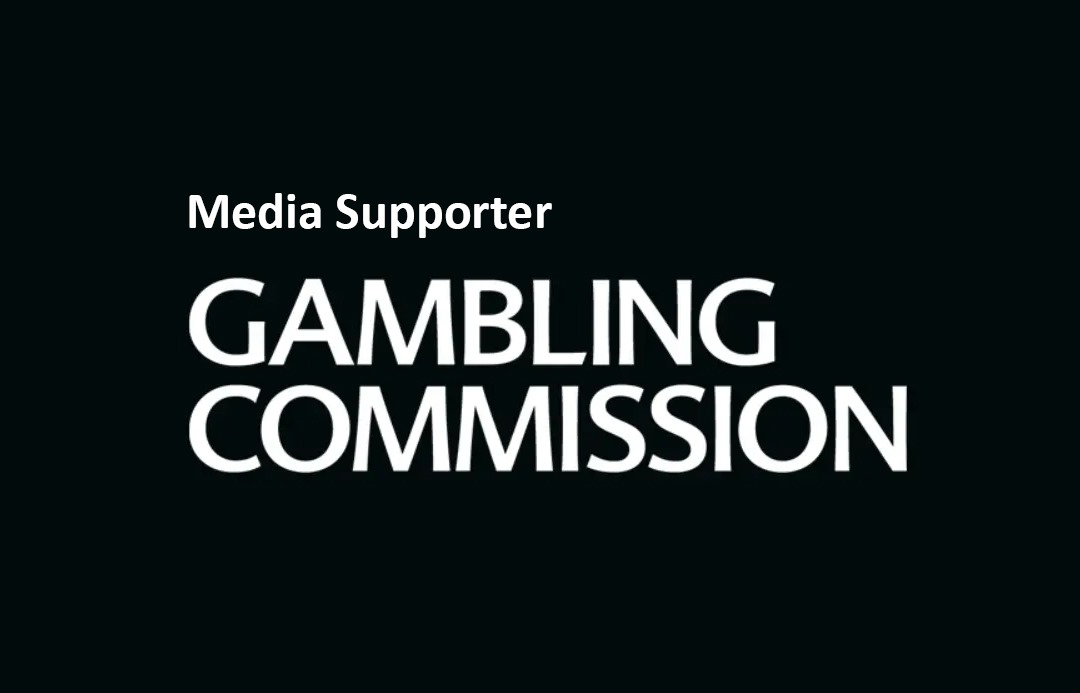Next month marks the ten year anniversary of perhaps the most traumatic period in the history of Britain’s bingo clubs.In September 2007, with clubs still trying to cope with the effects of smoking bans in Scotland, England and Wales, they were forced to remove their most lucrative gaming machines under the full implementation of The Gambling Act 2005. With consumer confidence waning as the credit crunch hit, bingo went into a tail-spin.
While the tenth anniversary of ‘Black September’ is unlikely to evoke too much in the way of nostalgia, it is something worth remembering nonetheless. It ought to remind us of the vulnerability of gambling to political intervention and the fact that bad news has little respect for the principle of mutual exclusivity – not least because in 2017 many of the same factors apply - gambling regulations are in flux, the economy is looking fragile and HM Treasury is in revenue-raising mode.
This is already turning into a summer of discontent for the gambling industry. The Government is conducting a review of machine regulations, TV advertising and the effectiveness of social responsibility controls; the Competition and Markets Authority is investigating five remote gambling operators for breaches of consumer legislation and looking into broader allegations of sharp practice in online gambling; the Information Commissioner’s Office is examining data protection issues – specifically spam email marketing by online gambling affiliates; a large online gambling firm is having its licence reviewed by the Gambling Commission, the Football Association recently red-carded Ladbrokes as its official betting partner; and completed self-exclusion forms have been found abandoned outside a betting shop in Glasgow.
The industry has made efforts to demonstrate that it means business about problem gambling but in matters of regulation is almost always to be found on the back foot. In-fighting between different sectors of the industry serves only to diminish trust and heighten collective and individual vulnerability to intervention.
A weekly diet of negative headlines in the press, disapproving commentary in Parliament and the minority Conservative Government’s increasingly fraught attempts to make ends meet (and to keep the DUP sweet) suggests an elevated risk of tax increases for gambling; and all of this is taking place as the country appears to be slipping towards economic recession.
Meanwhile, the Gambling Commission’s enforcement strategy (published in June) has highlighted the risks to companies and senior executives of failure to achieve the licensing objectives. It’s a bleak picture that indicates poor management of political-regulatory risk within the gambling industry at large. Of course, bingo is different.
Bingo has remained largely free from the daily controversy that stalks betting shops and online gambling. There are no early day motions or private members bills in Parliament calling for action against bingo clubs; the sector is not under attack from pressure groups; it is not the subject of media campaigns. To the credit of its trade association, it has doggedly refused to join in the intra-industry squabbling.
Examination of Hansard reveals that bingo has been barely mentioned (except figuratively) in Parliament in the past three years – staying out of the spotlight – but does this mean that clubs are insulated from the heightened public policy concerns?






